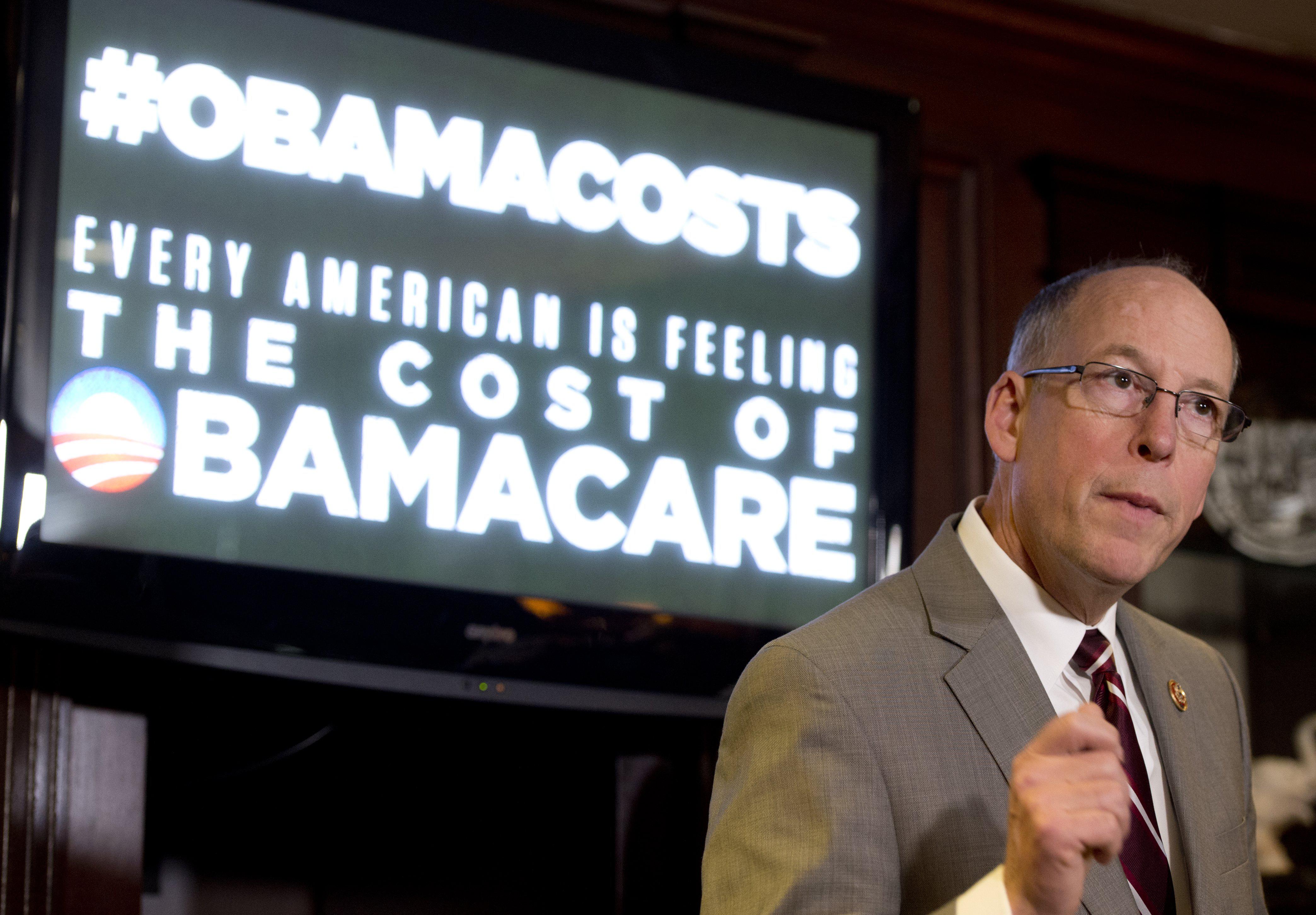As the debate over the impact of the Affordable Care Act on labor supply continues, it’s worth being excruciatingly clear about the fact that there are two distinct mechanisms through which a welfare state program can lead people to want to work less.
One way—which I don’t think we should worry about even a teeny little bit—is that when people become richer, they become marginally less inclined to spend their time trying to earn more money and marginally more inclined to spend their time doing something else. That’s why 21st-century people don’t work such long hours as 19th-century people, it’s why Social Security and Medicare let people retire, and it’s the thing the Congressional Budget Office says will do the most to reduce labor supply when the Affordable Care Act is implemented.
The other way, which is absolutely worth worrying about, is that means-tested benefit programs operate as a de facto income tax. The boss asks you to pick up an extra shift per week. So you do the math. The bad news about working the extra shift is that you’ll have to spend more time at work. The good news is that you’ll have more money. But the value of that extra money is partially rolled back by the reduction in premium subsidies.
Those impacts are genuinely worth worrying about. In principle, you could avoid them altogether by making all social welfare programs flat benefits with no phase-outs. But of course it’s no mystery why the Affordable Care Act phases out its subsidies. Eliminating the phase-outs would make the program much more expensive. When it comes to programs that are currently structured to avoid work disincentives, programs such as Social Security and Medicare, conservatives generally offer the criticism that it is wasteful to be spending so much money on welfare state programs for Warren Buffett and Bill Gates. After all, they hardly need public funding for their retirement.
There is merit to both viewpoints on the proper design of welfare state programs. You can either make them “excessively generous” and spend money on people who don’t really need it, or you can create these phase-out issues. One nice thing about being a very strict libertarian is that you can make this dilemma go away by just saying that there should be no public programs to help anyone in any circumstances. One bad thing about adopting that viewpoint is you’ll create a world with lots of avoidable suffering.
